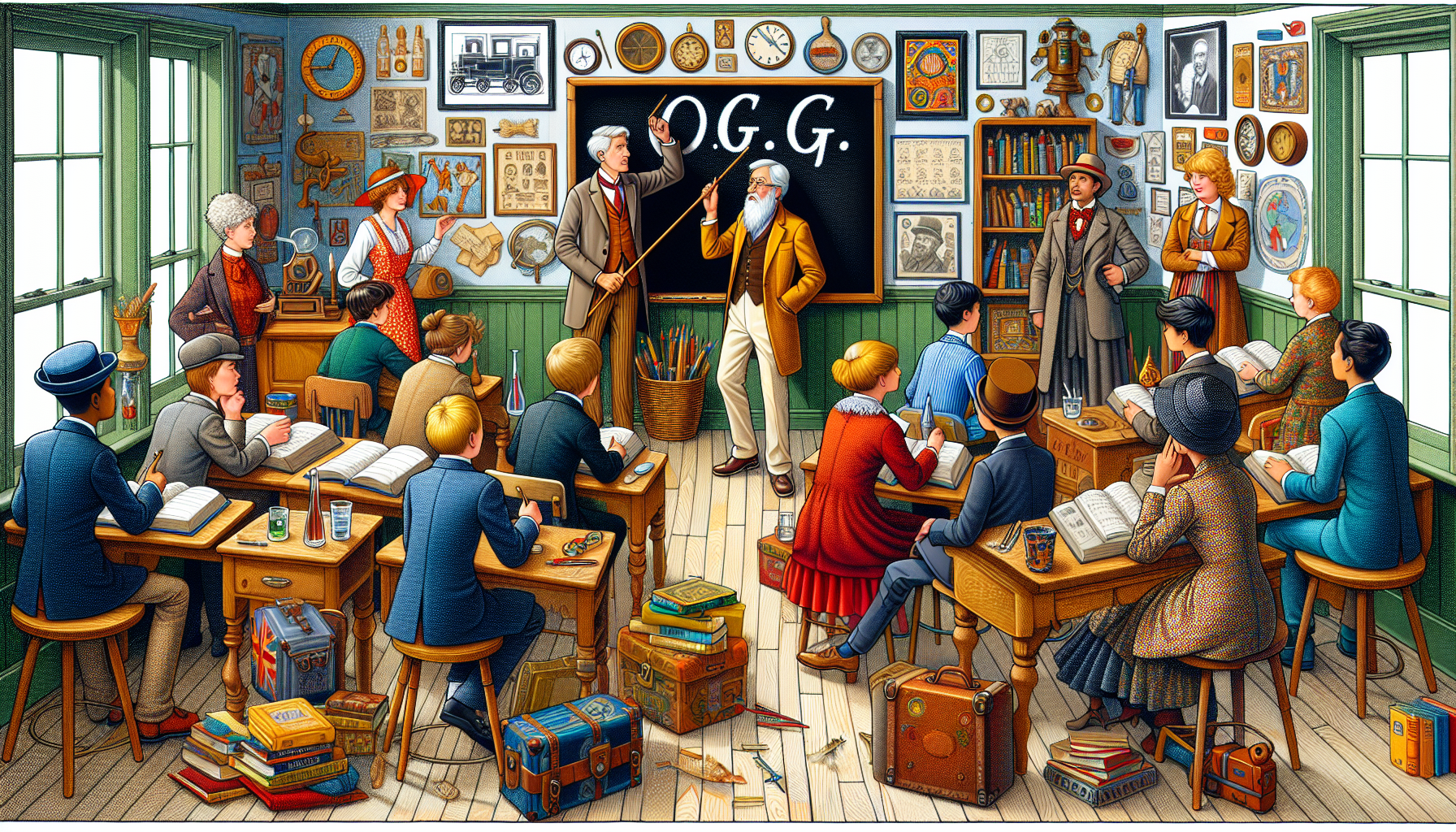Exploring the Meaning of ‘OG’
Understanding the Term ‘O.G.’
The term ‘O.G.’ is a popular abbreviation that stands for Original Gangster. It originally emerged from the American hip-hop scene, gaining prominence in the mid-to-late 1980s. It was popularized by artists like Ice-T, notably through his 1991 album titled O.G. Original Gangster. The term has since been adopted and adapted into mainstream vernacular, transcending its initial cultural boundaries.
Origins and Evolution of ‘O.G.’
Historical Context
‘O.G.’ traces back to the gang cultures of urban America, particularly within African American communities. Here, ‘Original Gangster’ was a label of respect for older gang members who survived their youth. The term conveyed a sense of resilience, wisdom, and authenticity to those who upheld the codes and ethos of their communities.
Adoption into Hip-Hop Culture
In hip-hop, ‘O.G.’ came to denote a rapper or artist who was foundational to the genre, influential and pioneering. This usage suggests deep respect and recognition of an individual’s contributions to their art form. The expansion of hip-hop culture globally helped popularize the term, embedding it into diverse cultures and languages.
Contemporary Uses and Misinterpretations
Broader Cultural Adoption
Today, ‘O.G.’ is often used more broadly to refer to anyone or anything that’s seen as original, authentic, or respected, no longer strictly within the context of gangs or hip-hop. For example, it might describe an original version of a product or the original members of a group or team.
Misconceptions
Despite its positive connotations, ‘O.G.’ is sometimes misunderstood. Its association with gang culture can convey a negative impression. Misinterpretations also happen when the term is used lightly or flippantly, which can dilute its original powerful meaning.
Cultural Impact and Significance
Influence in Media and Entertainment
‘O.G.’ has appeared extensively in films, music, and television, often to emphasize a character’s authenticity or roots. Its use in media has played a significant role in popularizing the term beyond its original contexts.
Symbol of Authenticity and Respect
In many ways, ‘O.G.’ has become a cultural touchstone, symbolizing authenticity and a deep, respectful connection to one’s origins or craft. Its evolution from a term associated primarily with crime and survival to one that denotes authenticity and pioneering spirit reflects broader shifts in society’s engagement with the concepts of respect and heritage.
Conclusion
The term ‘O.G.’ serves as a fascinating example of how language evolves and is appropriated across different contexts. From its origins in the gang-dominated landscapes of urban America to its wide-reaching influence in global pop culture, ‘O.G.’ encapsulates a unique blend of respect, survival, authenticity, and originality. As cultures continue to morph and interact, the story of ‘O.O.’ reminds us of the dynamic and fluid nature of language itself.







